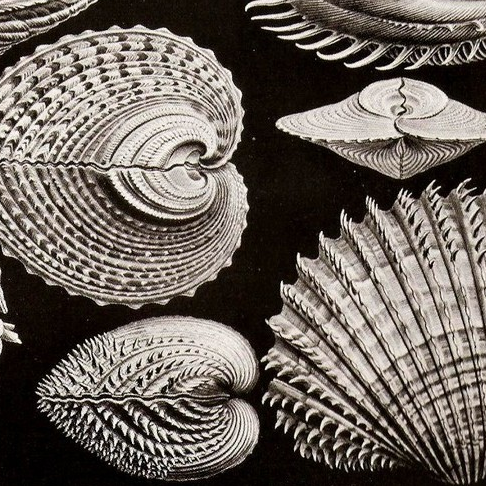Author: Anna-Luna Post
-
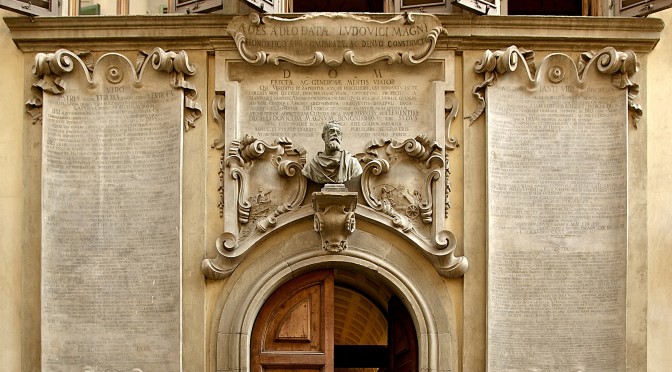
Famous, Shrewd, Florentine, Mathematician: Guess Who?
In 1611 an unknown novice recited a poem titled “Sonnet on the Death of the King Henry the Great, and on the Discovery of Some New Planets, or Stars Wandering Around Jupiter, Made this Year by Galileo Galilei, Famous Mathematician of the Grand Duke of Florence”.[1] The occasion was the three-day commemoration of the death…
-
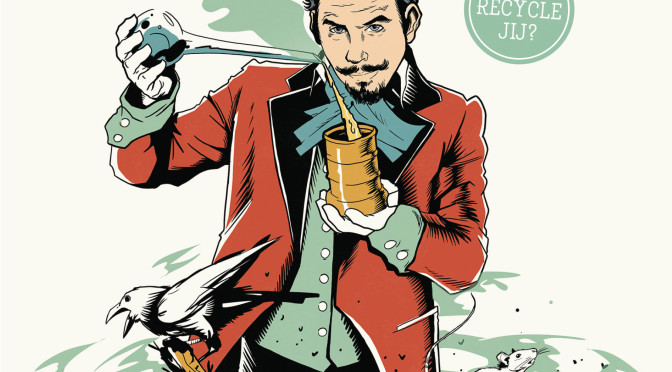
Pee in a jar?! Dirty Materials in History of Science
Objects can be a real pearl on the shores of history of science. Telescopes and steam engines still figure prominently in our field, and rightfully so. From the edited volume Making Instruments Count (1993) to Frans van Lunteren’s blog ‘Mediating Machines’ here at Shells & Pebbles, many scholars research the role of scientific instruments in…
-
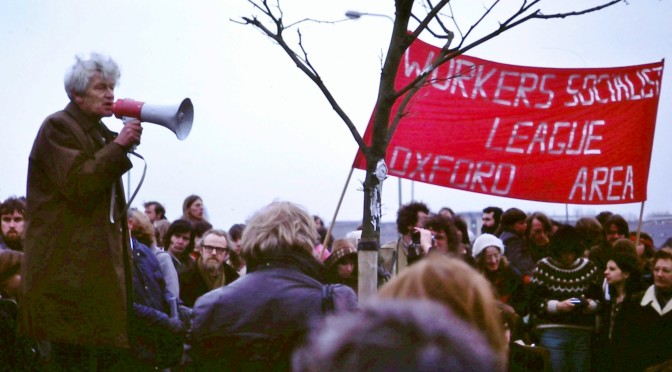
Talking activism & history – part I
Can or should historians be activists? Floor Haalboom and Hans Schouwenburg share their ideas on this dilemma in e-mails which they make available on Shells & Pebbles. October 1, 2015 Dear Hans,
-

Revisiting Risk Society
In this new series, historians of the sciences will share one book that made a lasting impact on them, with the goal to inspire others to pick up those books as well. These ‘rocks’ may have been written in the Middle Ages or in 2015, and our authors may abhor or admire its content– our question is simply this: why did it make such a…
-
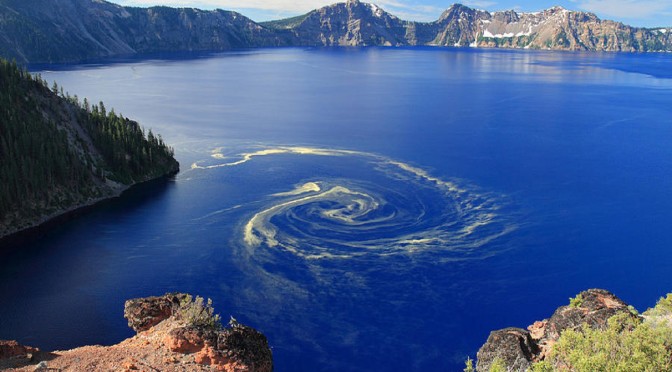
Dust in the wind. Windbestuiving: een plantaardige zondvloed
Talloze vissersboten zijn met man en muis vergaan voor de rotskusten van New England, Nova Scotia en Newfoundland. Dat is niet vreemd. Het weer aan de Noord-Oostkust van het Amerikaanse continent is onvoorspelbaar, de kolkende en bruisende zee onstuimig en de torenhoge rotsen zijn angstaanjagend. Maar soms doen de weergoden er nog een schepje bovenop.…
-
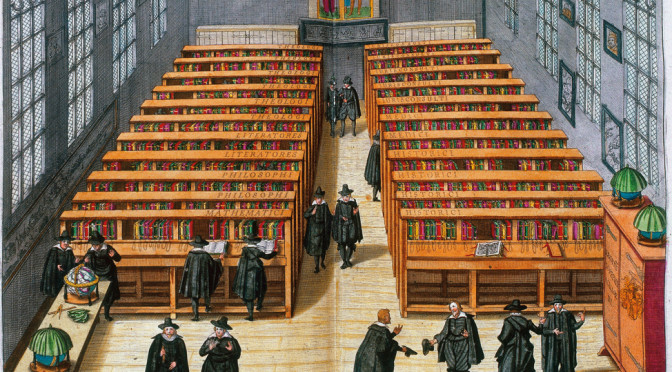
What are/were/will universities be for?
Last week, the purpose and ownership of the university were popular topics at several academic openings of the year throughout the Netherlands. In Twente, the slogan Rethinking the University echoed the recent reformist waves in Dutch academia, while the protests at the University of Amsterdam made clear these currents are anything but dead. Professor Beatrice…
-

The Collapse of Western Civilization – satire against climate change deniers
The Collapse of Western Civilization is a small book, published last year by climate historian Naomi Oreskes and historian of space science Erik Conway. Only a few months out, it already had quite some publicity. Also on me, Oreskes’ and Conway’s narrative had a bigger impact than other recent climate scenarios. The booklet of 104…
-
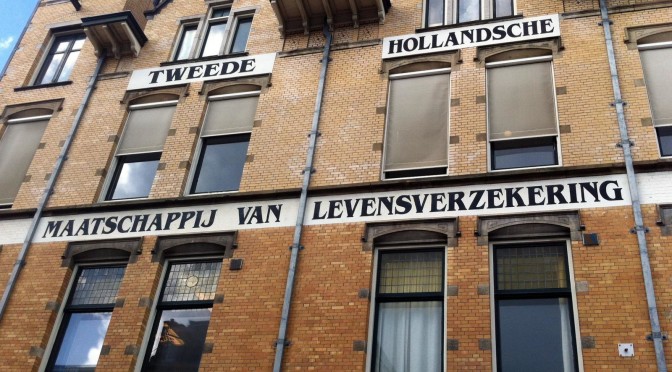
Individualizing fatness, or: Why being Jewish lowered your life insurance premiums in the early twentieth century
Should fat people pay more for their life insurance? To us, this is mainly a moral question: is it ethical to charge people for their unhealthy lifestyle? Hardly anyone questions the underlying assumption, that being fat increases the chance of dying prematurely, even though science studies scholars and fat activists argue that the evidence is…
-
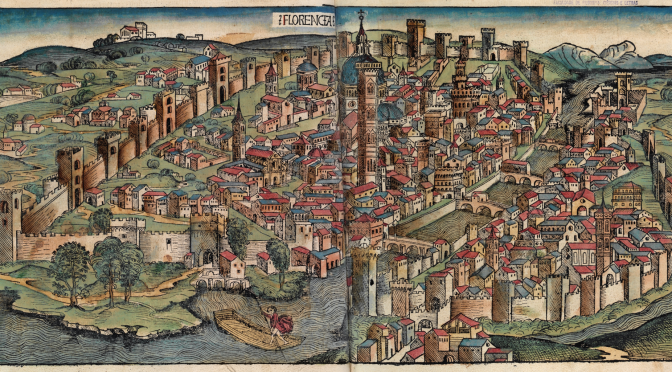
Eenenzeventig argumenten voor de geesteswetenschappen: Coluccio Salutati’s “De nobilitate legum et medicinae”
Zijn er misschien twee soorten wetenschappen? Bijvoorbeeld: aan de ene kant wetenschappen die gaan over universele wetten, die op een rationele manier zekere en nauwkeurige kennis kunnen krijgen over die wetten, en hun kennis ook nog eens kunnen toepassen op een manier die voor iedereen aantoonbaar nuttig is. Aan de andere kant wetenschappen die eigenlijk…
-
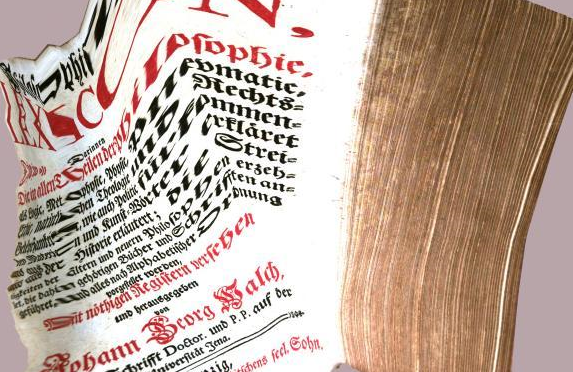
Lost in Digitization? Postcolonial Heritage Production, Bookish Art, and the Workers of Words behind Google Books
All screwed up Not long ago I looked up an eighteenth-century philosophical lexicon on Google Books. The unevenly numbered pages looked like this (image 1):
-
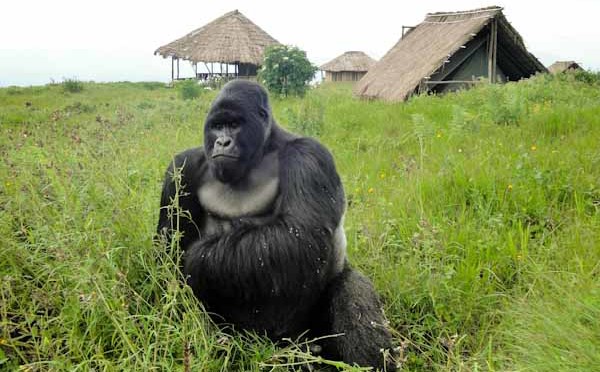
Virunga: Concession Politics
‘Who gives a fuck about a fucking monkey?’ The man talking is filmed by a hidden camera, and he presents himself as ‘maybe a mercenary’. He is in the Democratic Republic of Congo as a subcontractor to the British-based multinational oil company Soco. The ‘monkey’ the man refers to is the mountain gorilla, of which…
-
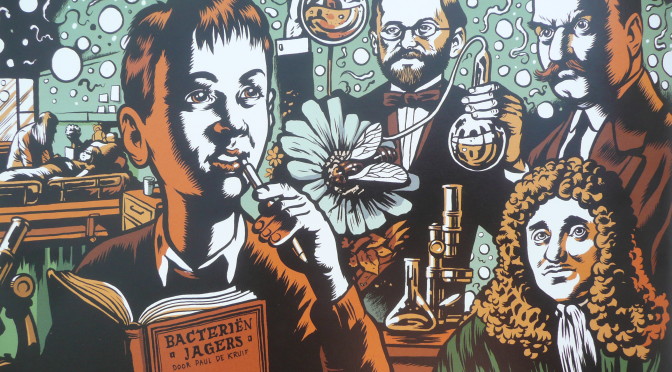
Paul de Kruifs Microbe Hunters: “the making of” deel 2
Paul de Kruif was een Amerikaanse bacterioloog, die in 1922 besloot de medische wetenschapsjournalistiek in te gaan. Hij hielp Sinclair Lewis met het schrijven van Arrowsmith, een heel leerzaam proces. Ondertussen begon hij met zijn eigen project: het schrijven van een boek over de grote onderzoekers van infectieziekten, zoals we in deel 1 van dit…
-
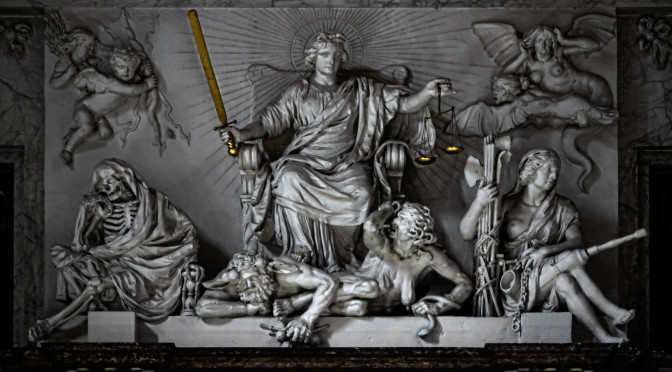
Pan or Midas? The historical challenge of interpreting visual evidence
In a recent article in Isis, historian Richard Serjeantson traces Francis Bacon’s coinage and usage of the phrase “interpreting nature”. Bacon, Serjeantson argues, was the first to come up with the notion of an “interpretation of nature”. The author delves into sixteenth century sources to find where the word “interpret” comes from. Apparently not from…
-
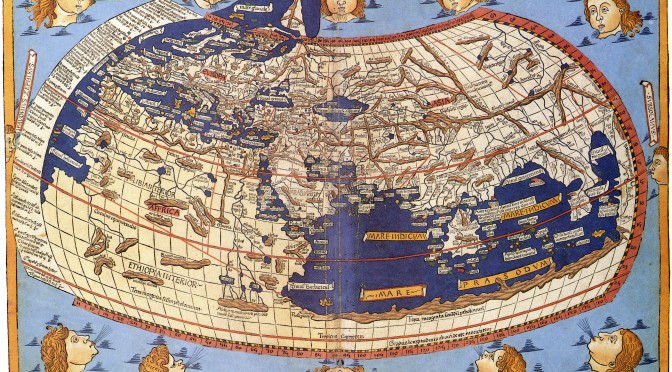
Weinberg, Whiggism, and the World in History of Science
This year, Nobel prize winning physicist Steven Weinberg published a history of Western science up to Newton: To explain the World. The Discovery of Modern Science. Weinberg was an important player in the science wars, voicing his strong intuitions that genuine science transcended history and culture against what he perceived as subversive social constructivism. Now…
-
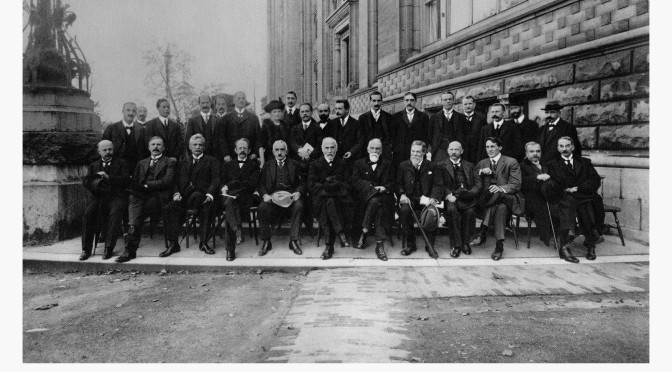
How to Write a History of Scientific Expertise?
What is an expert? Is it someone who possesses specialized knowledge? Or rather someone who is qualified to make rational decisions on sensitive social issues, a technocrat perhaps? Is it someone with great technical skills, who uses these skills professionally? For historians, the different markers used to typify a class of ‘experts’ pose considerable difficulties.…
-
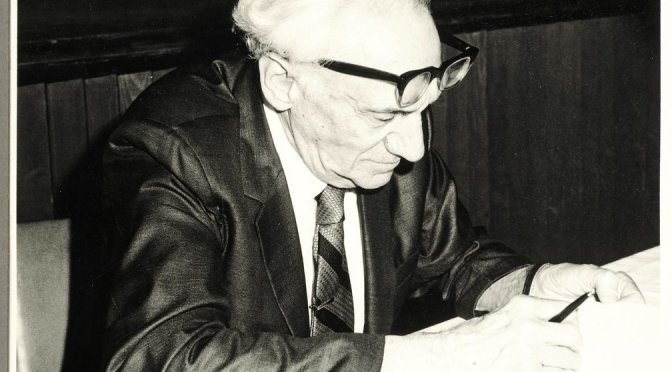
The V-Files
In the classic 1990s television show The X-Files, the Federal Bureau of Investigation relegated files of mysterious cases to a backwater office to be investigated by a lonely pair of agents, forgotten by the rest of the world (except when they got into trouble). The Immanuel Velikovsky Papers, stored in the Department of Rare Books…
-

The History of Mathematics in Economics: What we can learn about the crisis
This contribution is the final post in the four-part blog series on the history of mathematics in economics. For the first post on Philip Mirowski’s account of Irving Fisher, which also introduces the series, click here. For the second post on Marcel Boumans’s study of Jan Tinbergen, click here. For the third post on E.…
-
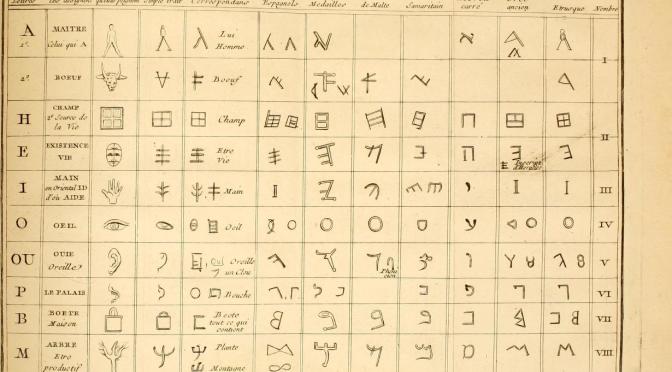
Het trieste einde van Antoine Court de Gébelin
Antoine Court de Gébelin, koninklijk censor en geleerde sensatie van het late Ancien Régime, stierf in verdachte omstandigheden in Parijs op 12 mei 1784. In zijn laatste jaar had hij zich laten behandelen door de Weense wonderdokter Mesmer, en was uiteindelijk zelfs bij hem ingetrokken. Een mesmeristische behandeling houdt in dat het ‘dierlijk magnetisme’ van…
-
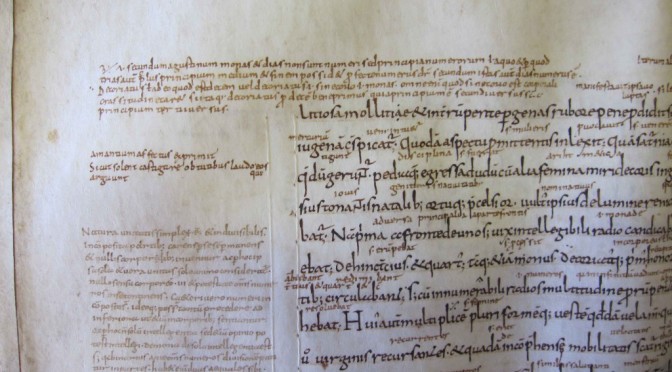
Marginal signs: central for understanding early medieval thinkers
If you were asked to pinpoint a scientist in a crowd, how would you recognize one? Or if you were asked to identify a scientific publication among other books, how would you be able to do so? And what would you do if you were asked to identify scientists, scientific books and scientific institutions from…
-
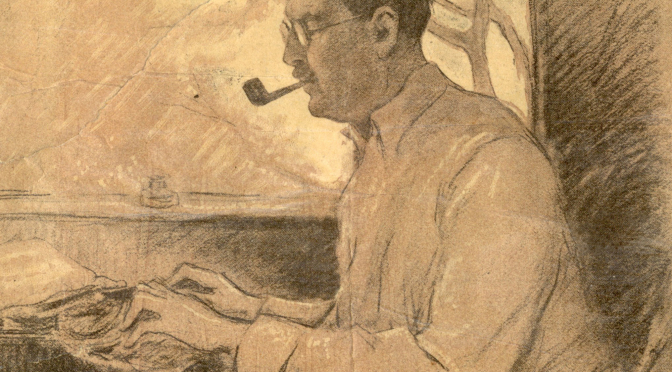
Paul de Kruifs Microbe Hunters : ‘the making of’ deel 1
Eerder schreef Noortje Jacobs een boeiend essay over de doktersroman Arrowsmith. Sinclair Lewis was de auteur, maar hij kreeg onmisbare steun van de bacterioloog Paul de Kruif, die kort daarvoor besloten had om wetenschapsjournalist te worden. Samen reisden ze in 1923 via de Caraïben naar London en bij aankomst was het skelet voor Arrowsmith klaar.…
-
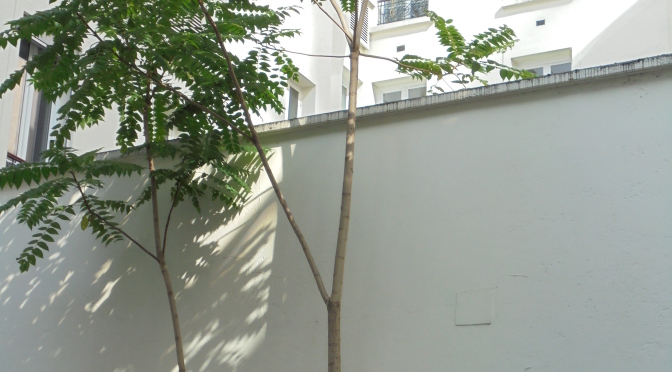
The tree of hell
Last summer I visited the UNESCO archives in Paris. Located at the far end of the Champ de Mars, right after the Eifel Tower and the École Militaire, the organization’s headquarter is a well-known and impressive building. Place de Fontenoy, however, is a place for diplomats and government-representatives. Historians interested in the past activities of…
-
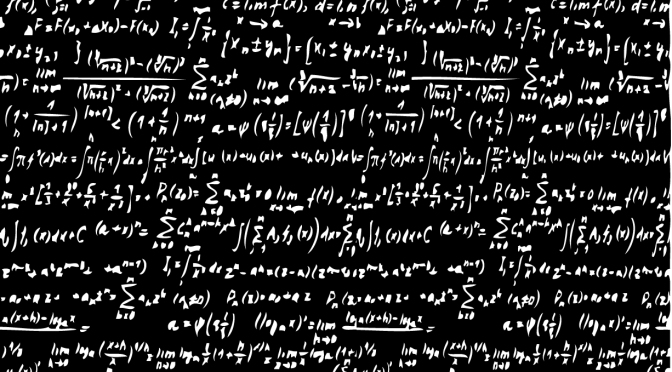
The History of Mathematics in Economics III: Debreu, or How the Truth is in the Mathematics
This contribution is the third post in the four-part blog series on the history of mathematics in economics. For the first post on Philip Mirowski’s account of Irving Fisher, which also introduces the series, click here. For the second post on Marcel Boumans’s study of Jan Tinbergen, click here. The previous contributions in the series…
-
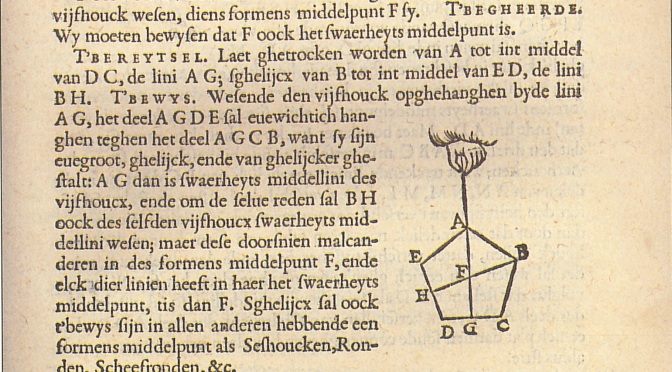
WIE HAALT UIT EEN RECENT PROEFSCHRIFT OVER SIMON STEVIN EEN PRACHT-ARTIKEL?
Ik begin deze oproep met een waar gebeurd verhaal. Op 5 juni 2013 promoveerde aan de Vrije Universiteit ir. Kees Schilt op een proefschrift met als titel Simon Stevin en het Hermetisme. De jonge doctor was toen 80 jaar oud en al zo doodziek dat de promotie bij wijze van hoge uitzondering niet op de…
-

The History of Mathematics in Economics II: Jan Tinbergen, Paul Ehrenfest and Formal Analogies
This contribution is the second post in a four-part blog series on the history of mathematics in economics. For the first post, which also introduces the series, click here. My previous contribution on Mirowski painted a grim picture of the role of mathematics in economics: Irving Fisher, one of the saints of neoclassical economics, had…
